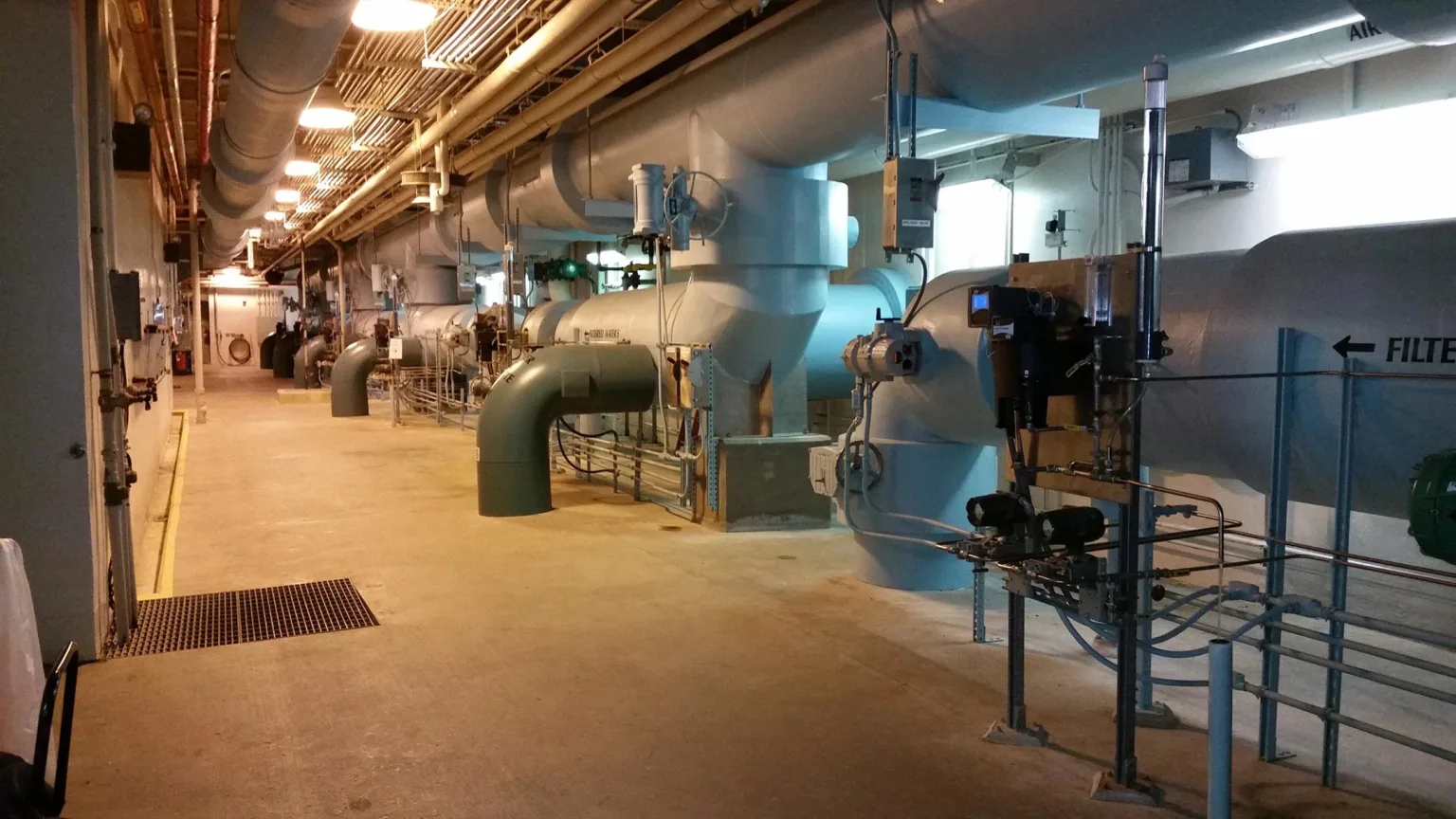Sometimes it is not what you say, but how you say it. In the engineering services world, we live by requirements (what you say – or write). Sometimes we create the requirements for or with our clients, and other times we write a proposal in response to the requirements and define a project to meet them.
One of my favorite sayings is you better be careful what you ask for because you just might get it. Good requirements that are understood by both the customer and supplier are imperative to a successful project. If the requirements are not clear, you just might get what you asked for, not what you intended.
As a full service engineering firm we take all these sayings very seriously, they help to shape who we are and how we do our business.

We have won many interesting projects, but sometimes the reason we win them is not what you would think or expect. For instance, in a recent post I talked about the maintenance services contract at a library that was awarded to us because we were an engineering firm. Why would you hire engineers to grease, oil, and maintain their equipment? That customer believed that by doing so we would discover and suggest ways to make their process better, and we did!
We went through a long, arduous bidding process. We reviewed the requirements documents and devised a list of questions to better understand what the customer was looking for. Based on the first round of answers, we dug more deeply into the intent of the project and asked more detailed questions. We also worked with and talked to the operators.
We learned that the requirements for the operator screens were not very complicated so we recommended a simpler screen that was very cost effective, saving the customer almost $20k. We also learned that 8 of the 11 panels faced the East and in the morning it was nearly impossible to read the screens with the sun glare. We did a demo in the control room and brought the different screens in to determine which would work the best in that application and location. By understanding what the customer was really looking for, not necessarily what they wrote in the specification, we were able to tailor our solution to meet their needs exactly. We knew that they wanted to use products within the Allen Bradley platform, (a great match for us because of our extensive expertise in that area), but by utilizing a different touch screen as a result of our further questioning and understanding of the requirements, the client was able to realize a significant cost savings.
We were also able to create efficiencies in other ways on this project. Through the process of understanding the requirements and learning what the customer was trying to accomplish, we also suggested modifications to their proposed implementation plan. We were able to help define an implementation plan that was efficient and allowed for feedback from the first installation that was then used to optimize the future installations. The project was completed within the client’s schedule, and the systems are running well. Since Optimation’s solution came in so far under the client’s budget, the client was able to apply the leftover funds for future improvement projects. The client and Optimation have signed a services agreement for continued support at the facility.
The key to us winning this project was the engagement with the client, our sincere interest in understanding what they wanted and needed. One of the criteria for them choosing us was based on the questions that we asked and how we came to understand their process and their needs. They felt comfortable with us.
Many times companies bid on projects by just reading the specifications and responding to them with a quote or a bid. They never truly understand what the customer is trying to accomplish. The client knows they have a problem and they may even have a proposed solution, but they may not be an expert in that particular facet of the process or may not be aware of new products or technologies. A good engineering firm is up to date on the current technologies and can help determine the optimal solution for their customer. The key goes back to communication. Asking questions and understanding what the customer really wants is paramount.
Looking to connect with an experienced team?
Look no further than Re:Build Optimation! We are excited to connect with you.